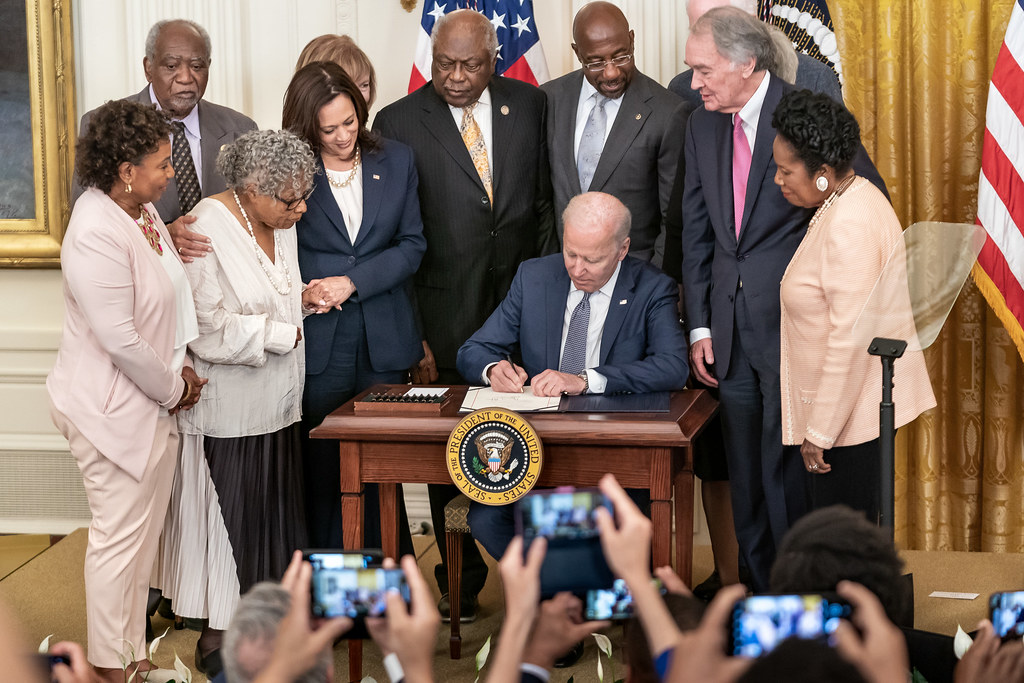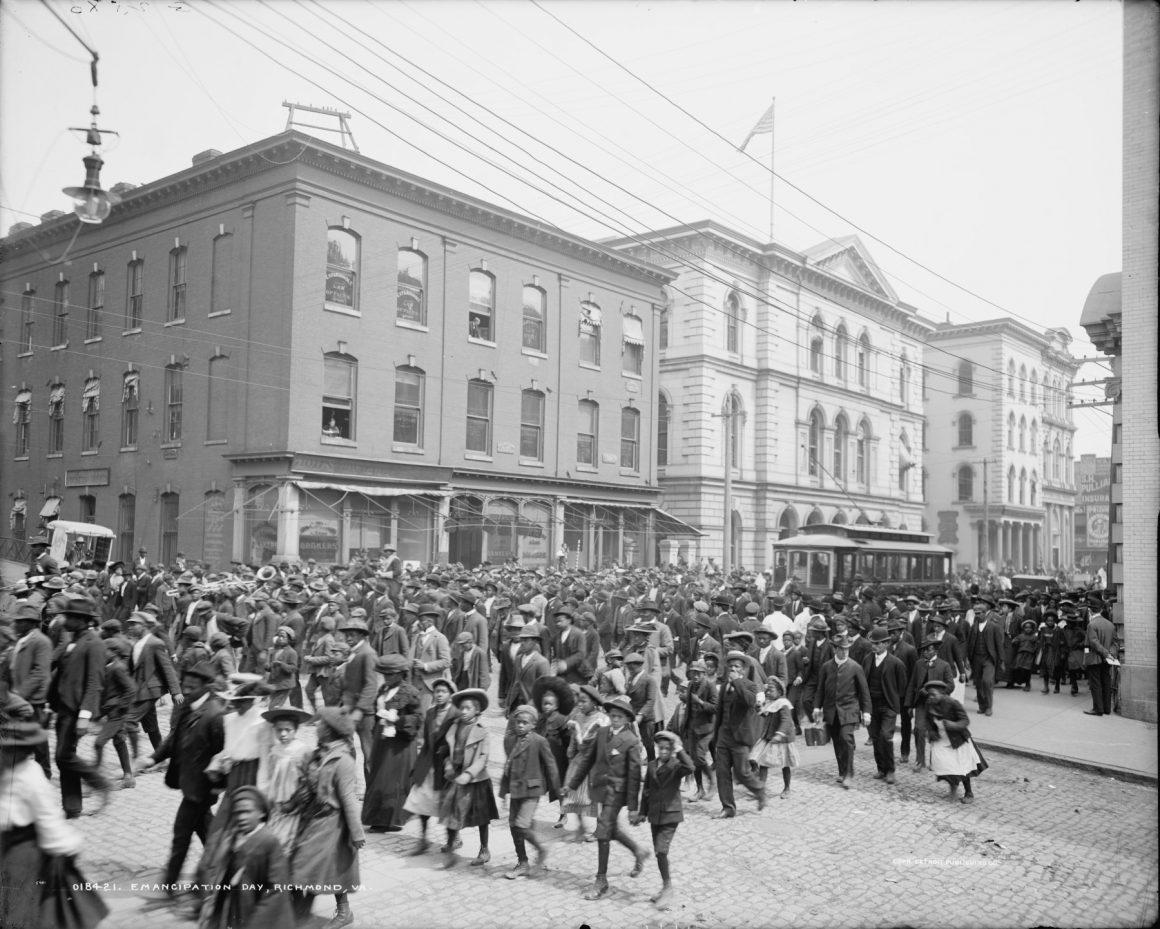It started with a simple question from a friend and colleague of mine at Temple University, where I teach advertising and PR, while heading up diversity, equity and inclusion efforts for the university’s Klein College of Media and Communication.
My colleague identifies as white and female. She’s also someone with whom I’ve shared many discussions about race —before George Floyd, during the racial reckoning, and it seems every day since. So, it wasn’t a surprise that she would ask me a question about “celebrating” Juneteenth a little more than a year ago.
“I don’t necessarily ‘celebrate’ Juneteenth,” I replied, making reference to the fact that getting the delayed notice that the emancipation of enslaved Blacks had been proclaimed years earlier was not necessarily something that I felt inclined to “celebrate.”
She understood, but I apparently hadn’t really listened to her question.
“No,” she clarified. “What can I do to commemorate Juneteenth?”
Implied in her question was, what was I planning to do to acknowledge this observance that might give a clue to someone who is an ally but may not share my lived experience.
As a Black man and lifelong Philadelphian, the question hit me hard. In May 2020, we had just witnessed the public murder of George Floyd at the hands of the Minneapolis police. Less than a week later, I was leading a silent prayer protesting this tragedy. I’ve been literally wearing my Black Lives Matter messages on my sleeves — on my jacket lapel, wristband and in my actions, loudly and proudly.
Fast forward to last summer when the Biden Administration declared Juneteenth as a federal holiday, I found myself advising institutions big and small about how they might honor June 19— beyond giving employees a day off. Now, on the verge of Juneteenth 2022, we are all still trying to figure things out.
Walmart famously (and justifiably) got slammed on social media when it introduced a “Juneteenth-themed” ice cream brand. I saw reports of white-dominant organizations holding Juneteenth observances with menus replete with stereotyped items like watermelon salad, soul food and “red” Kool-Aid.
The simple truth is that we as Black folks are still undecided and somewhat divided in acknowledging Juneteenth. On the one hand, some traditions date back to the first observance in Galveston, Texas, when that first Freedom Day was established in 1865 —two years after the Emancipation Proclamation was issued in 1863. We’ve since had parades, festivals and more somber activities long before Juneteenth was lifted to national prominence last year.

So, it’s no surprise that missteps continue to happen.
Which poses the question as to whether Juneteenth is something we should commemorate or celebrate?
The complicated answer asks the wrong question. Whether it’s a commemoration or a celebration, the point is how we acknowledge Juneteenth …not if.
The truth is that Juneteenth is as complicated as the circumstances under which this observance was born.
I had participated in Juneteenth observances in the past, but parades and parties have never felt appropriate to me. Last year, I brainstormed with a young mentee who shared my frustration to come up with something we called the “Juneteenth Challenge.” For the month leading up to Juneteenth 2021, we agreed to patronize and promote Black-owned and Black-led businesses and organizations. We set a monetary goal and then challenged others to do likewise.
In the process, we spent thousands of dollars with brothers and sisters, while establishing relationships that continue to last throughout the year.
Of course, this is only one way to honor Juneteenth. The bottom line is that we can find countless ways to give life to the freedom that Juneteenth represents. It also helps us never to forget how precious this hard-fought freedom is. Ironically, the actual Emancipation Proclamation only mentions the word “freedom” three times in the 697-word document. But while freedom in this instance was something that had to be legislated, how we live into that freedom will define the depth of its meaning beyond a simple holiday.


